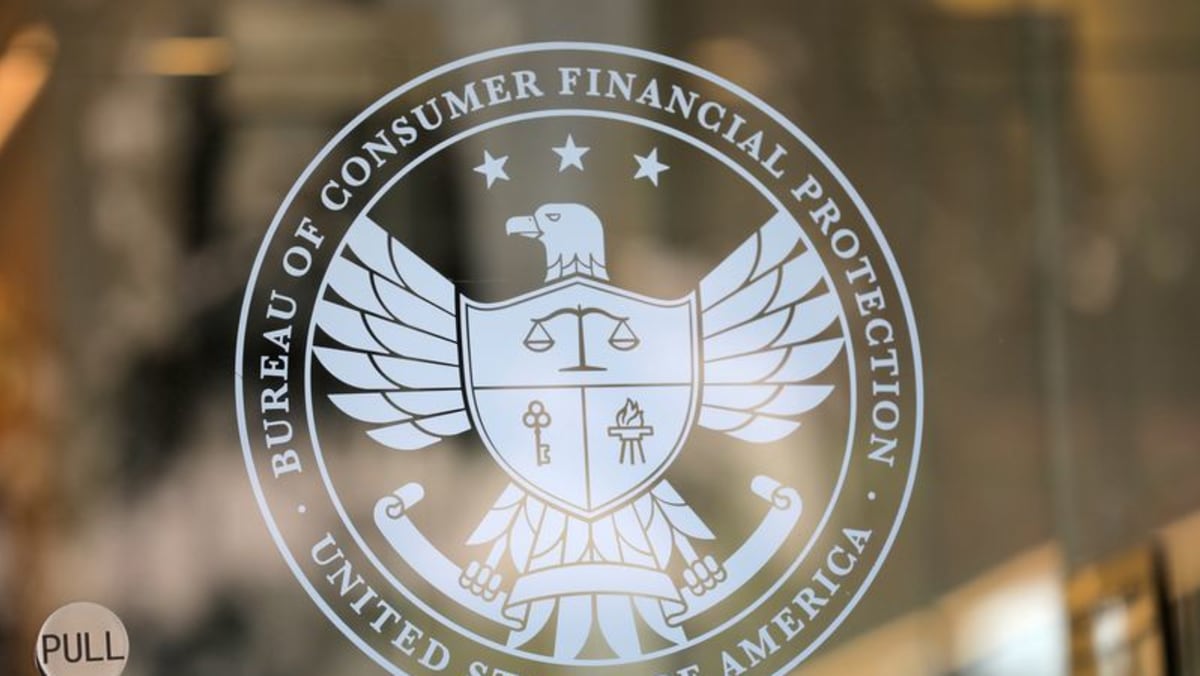WASHINGTON :The U.S. Consumer Financial Protection Bureau on Thursday kicked off a do-over of its “open banking” regulations governing consumer control over the sharing of their personal data between banks and the burgeoning financial app and digital currency sectors as the two sides feud over proper controls, costs and access.
The move marked an about-face amid public pressure from fintech firms and crypto entrepreneurs whose fortunes have soared since President Donald Trump returned to the White House this year.
While the Biden administration last year completed a version it said would spur innovation and reduce consumer costs by encouraging marketplace competition, the Trump administration this year initially sided with a banking industry call to scrap the regulations entirely, claiming they exceeded the agency’s legal powers, before changing tack last month, citing “recent events in the marketplace.”
Penny Lee, president of the Financial Technology Association, welcomed the rewrite process, saying in a statement that the Trump administration was spotlighting banks’ “threats to impose more fees on Americans” that she said amounted to barriers to innovation. The Bank Policy Institute, a lobby group that sued last year to block the rule’s original version, also welcomed the re-started rulemaking process, saying it presented the opportunity to correct the Biden version by “putting consumers’ security first.”
Then-CFPB Director Rohit Chopra said in October that the regulations would let consumers switch banks with the same ease as switching telephone companies, allowing comparison shopping for mortgages and accounts – with data shared free of charge. But in Thursday’s public notice, the CFPB asked questions showing key areas were again open to debate, even though the regulations were prescribed 15 years ago as part of the 2010 Dodd-Frank financial reform legislation.
The agency again seeks to decide who can access data on consumers’ behalf, whether banks may charge fees for access to cover the costs of sharing and how best to handle the risk of data breaches. Those questions lie at the center of a Washington battle between the traditional finance and fintech sectors that sprung to the fore in July.
A CFPB spokesperson said on Thursday that the agency had “always” said a new rule would be forthcoming. However, the agency did not inform a federal court of this until last month.
Banking industry trade groups say the open banking regulations adopted last year would force lenders to disclose their customers’ data to potentially untrustworthy third parties, who should also be held liable for breaches that expose consumer data and compensate banks for the cost of providing access. Players in the fintech and crypto sectors say such fees would be anticompetitive and effectively deny consumers access to the financial technologies of their choice, such as digital wallets and currencies as well as artificial intelligence.
Politically connected crypto entrepreneurs, including Tyler Winkelvoss and Donald Trump Jr., took to social media in July to denounce JPMorgan Chase over a Bloomberg report that the bank had informed fintech firms they would in fact have to pay potentially hefty fees for access to depositors’ data, even though the pending Biden-era regulations still prevented this. A spokesperson for the bank said charging for access would “incentivize more responsible data access behaviors,” thereby promoting customer data security and the use of financial technology.
